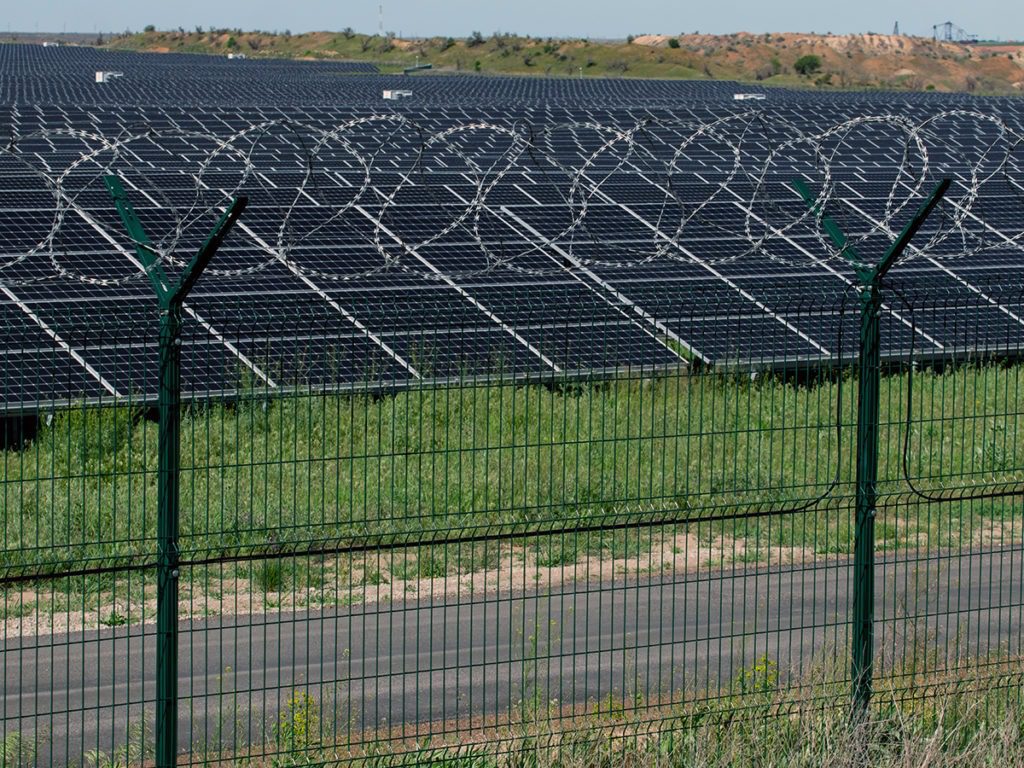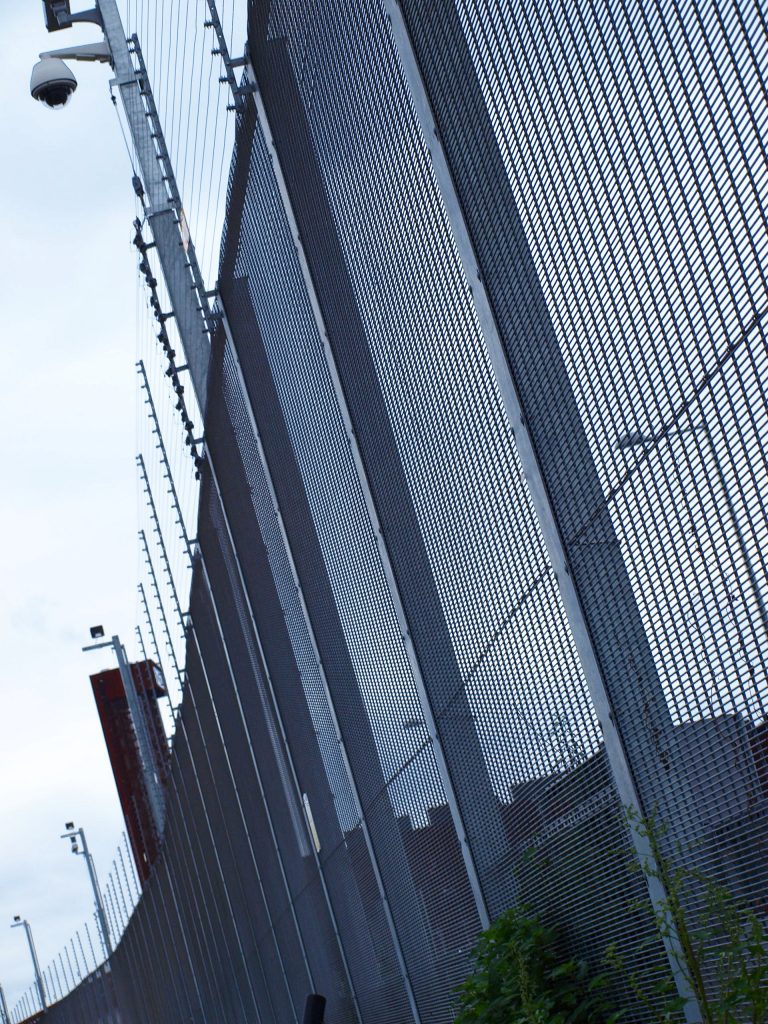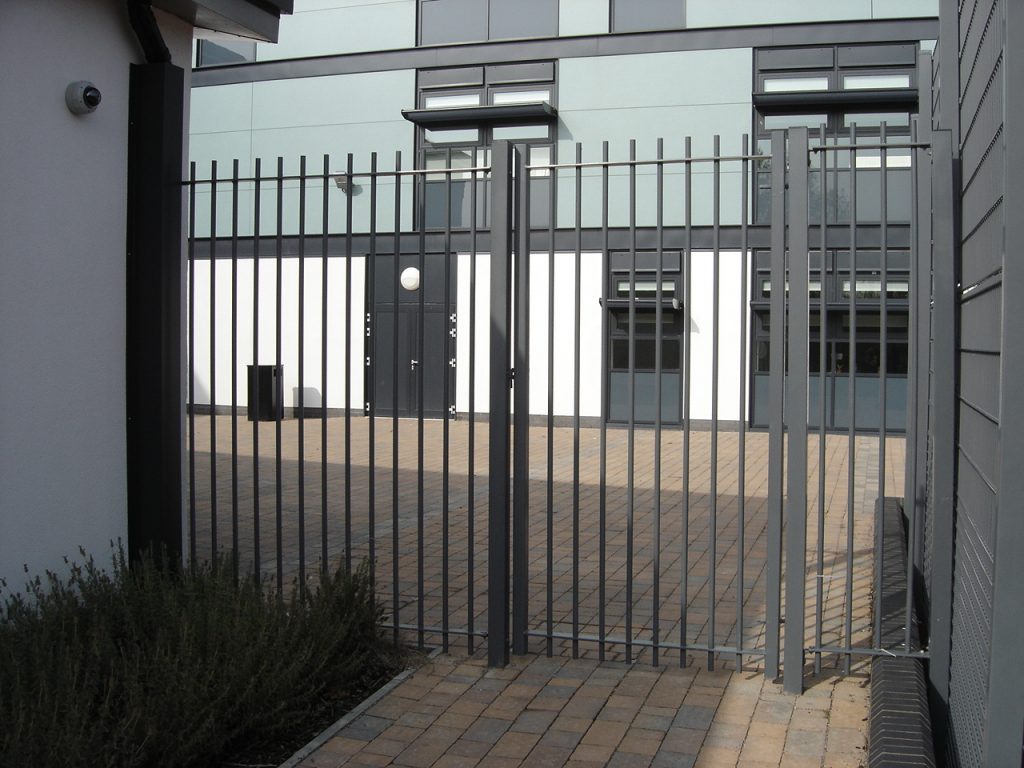Winning the Security Innovation Award once again reminds me of the value of collaboration. In fact, in my view, it spells survival – for us all!
In spite of all of the sterling efforts of the Zaun team in developing our award-winning Rapid Deployable System, it would not have been possible without Highway Care, our partner in the project but our competitor at other times.
The argument for collaboration on international security is probably more widely accepted than in any other branch of business or society.
It began with the genesis of INTERPOL from the first International Criminal Police Congress in Monaco in 1914 when police officers, lawyers and magistrates from 14 countries met to discuss arrest procedures, identification techniques, centralised international criminal records and extradition proceedings. Then came the birth of NATO in 1949 as 12 states came together to combat the threat they perceived from the Soviet Union. And today there is the combined effort against Islamist extremism and the likes of Al-Qaeda in Afghanistan and more recently Northern Africa.
But what about when it applies to competitive businesses? Is the case for collaboration so clear cut?
I think it is, as businesses simply cannot allocate the budgets to developing and maintaining huge ranges of products and the investment it would require in machinery and research and development.
It is simply a case of setting a business strategy then developing relationships to ensure its delivery. Obviously do your due diligence and make sure you avoid anyone who will damage your reputation and brand.
Then the key is open and honest discussion to ensure that the parameters for the partnership are set to keep the common interest – and critically the limits – of the collaboration in focus.
Classic examples exist in other markets, driven typically by the need to cut costs, share the expense of research and development and to combat the long-time poor environment for businesses in the west and the need to compete with leaner, fitter rivals in emerging and newly economically developed markets.
The practice is rife in the car industry. Volkswagen, Ford and SEAT collaborated over the development of their first multi-purpose vehicle. The VW Sharan, Ford Galaxy and SEAT Alhambra were basically identical vehicles but sold under the three different brands with different trims and accessories and at different prices. More recently PSA Peugeot Citroën and Toyota have done the same.
And look at arch rivals Sony and Philips, who chose to work together in the joint development of a standard for the Compact Disc.
That makes sense to me. Even in my childhood, playing seemingly never-ending games of Monopoly, Risk and Campaign, I understood that I would ‘do deals’ with my rivals to improve my chances of winning the game.
So the automotive and consumer electronics industries among others have embraced collaboration readily. But what about our own security industry?
We like they face the classic difficulties: who controls distribution; is risk shared equally; and how about rewards? And the basic truth is that most of these issues come down to trust – which is always going to be a challenge between organisations that previously saw themselves as rivals or didn’t even trade in the same sector.
So perhaps it is the peculiar constraints and challenges security businesses operate under that have made some more reluctant to collaborate.
Firstly, we are subject to much higher standards of secrecy than other industries. It is difficult to be totally open with a potential partner when both are duty bound to retain confidentiality. Hardly the best way to foster the trust I said was central to an effective partnership.
Some companies may be reluctant to let partners into their own relationships. After all, you know the exacting standards your customers expect and how demanding it is to maintain that quality even within your own business. So how much more difficult might that be to control within a competitor’s operation?
But might this not put you in a stronger position to trade, as the experiences of your partners may help you to secure that deal? Personally, I believe it does.
At least with fellow security specialists, you know they are used to the vagaries of the industry. So it may be more difficult to partner with companies who haven’t previously worked in the field.
If the challenges seem to outweigh the benefits, then I recommend two things: trust, as I’ve said before – and humility. Potential partners must recognise they need each other or are at least better working together than against each other.
I liken it to a marriage. If you look for the faults and gripes, you will sure enough find them, so it helps to remember what brought you together in the first instance and focus on the strengths each of you brings to the party in pursuit of a common goal. Which brings me full circle back to the crux of my argument.
In our own industry it is easy to identify a common good and, equally importantly, common enemies. After all, our era will probably be remembered as one of global terrorism, where both the physical and cyber threat to our very existence became real and ever present.
The advantages of collaboration in this context are equally easy to identify: cost savings, reduced inventories, complementary resources and technology transfer.
Undoubtedly, technological development and innovation are accelerated when we collaborate. That offers better solutions, and previously unknown ones, to our corporate and government customers and in turn better protection and security to the staff and public who benefit from their installations.
And all of it can bring both financial and resource savings that would otherwise not have been possible. So with ever more stretched public resources, we must all combine our capabilities to combat the growing security threats we face.
Ever since 9/11 over a decade ago, government, law enforcement agencies, private businesses, the public and charities have had to pull together like never before to combat a threat never previously imagined, pooling knowledge and expertise to ensure we keep ahead of the terrorists.
Any other option is to cave in to the terrorists and allow them to impact on our very way of life.
We as businesses must therefore ensure our commercial decisions are made with a single goal in mind – to ensure the security solutions we deliver provide the very best safety for us all.




